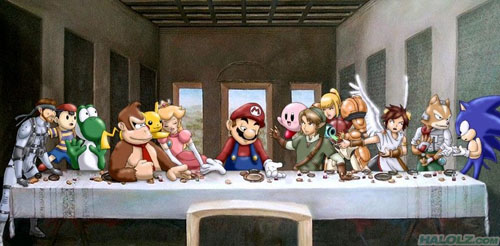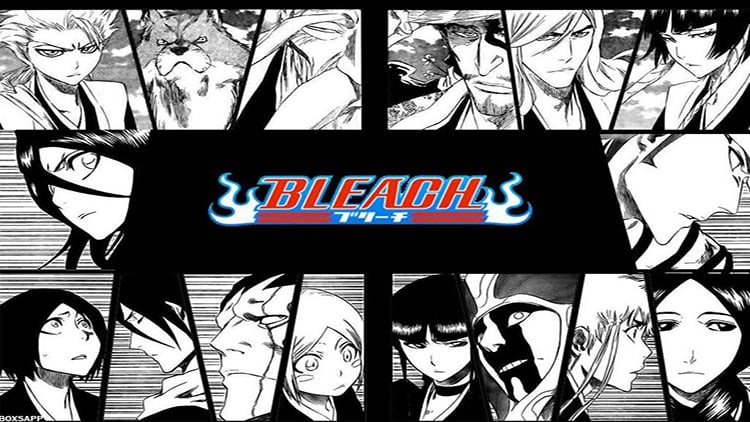I'd say it should be a matter of protection (at least under US law) applying only for companies making money on a given product, and if they don't make use of that product for a certain amount of time, it should lapse. Not necessarily lapse automatically, but if they stop using it and don't use it for a certain amount of time. Take Mother 1 for NES. Nintendo hasn't done anything at all with that game in forever, so why should they care if its being freely distributed?
Similar things for, say, products that are never really going to be released in the USA but pirated from other countries.
Copyright is a dinosaur concept that corporations are trying to enforce in the Internet Age, but it's quite impossible. Some companies understand that and concede the fight partially by putting things up in a free, ad-supported environment (like Funimation with One Piece. Fansubbers beat Funimation to the punch releasing English subbed versions of One Piece episodes by weeks or months, and instead of being whiny bitches about it and complaining to Law Enforcement, they stepped up, used their priveleges as USA distributor to get copies of the episodes before they air in Japan, and are able to simultaneously publish their subbed episodes against Japanese broadcast, and in doing so have effectively neutralized the threat). Sites like Hulu do this on a larger scale, and a great many television networks do similar things, making content available for "free" on the internet in a reasonable amount of time after it goes out the conventional way.
IP Piracy is simply the market reacting to outdated policies these companies cling to, but the Companies try to cheat the market by making law enforcement intervene, but law enforcement is always a step behind in these matters.











































































